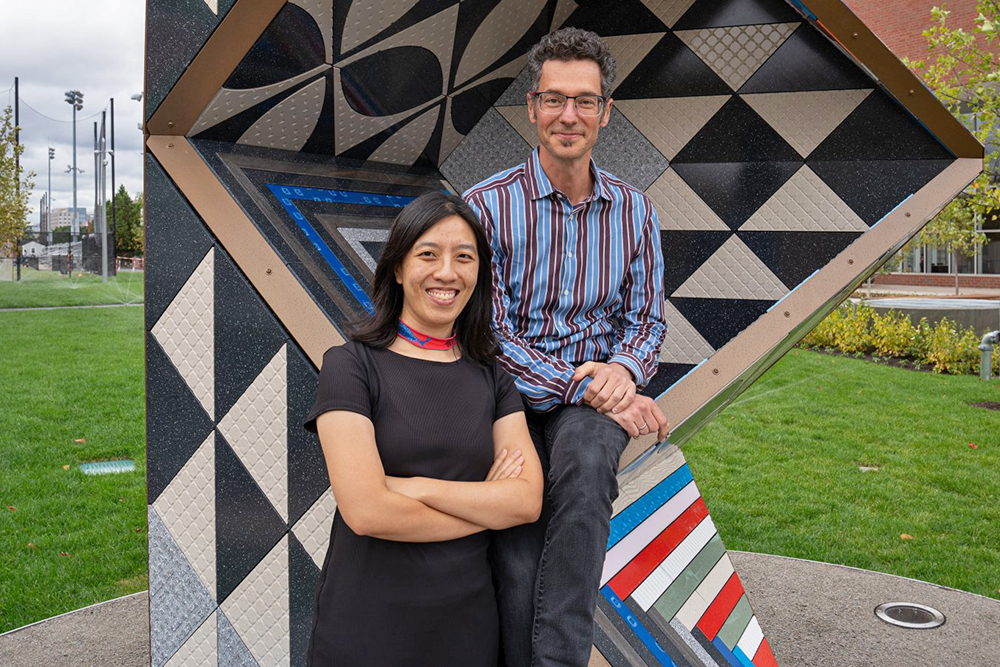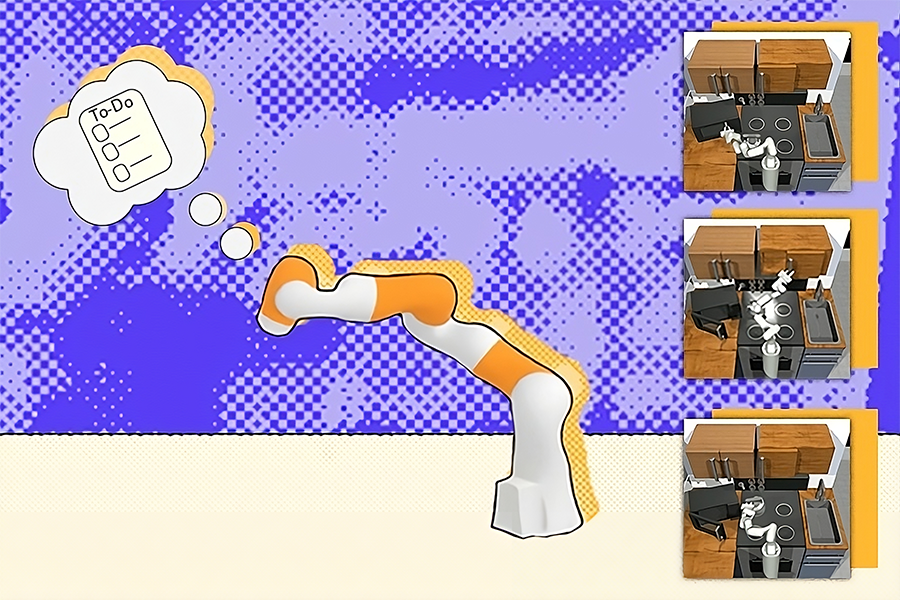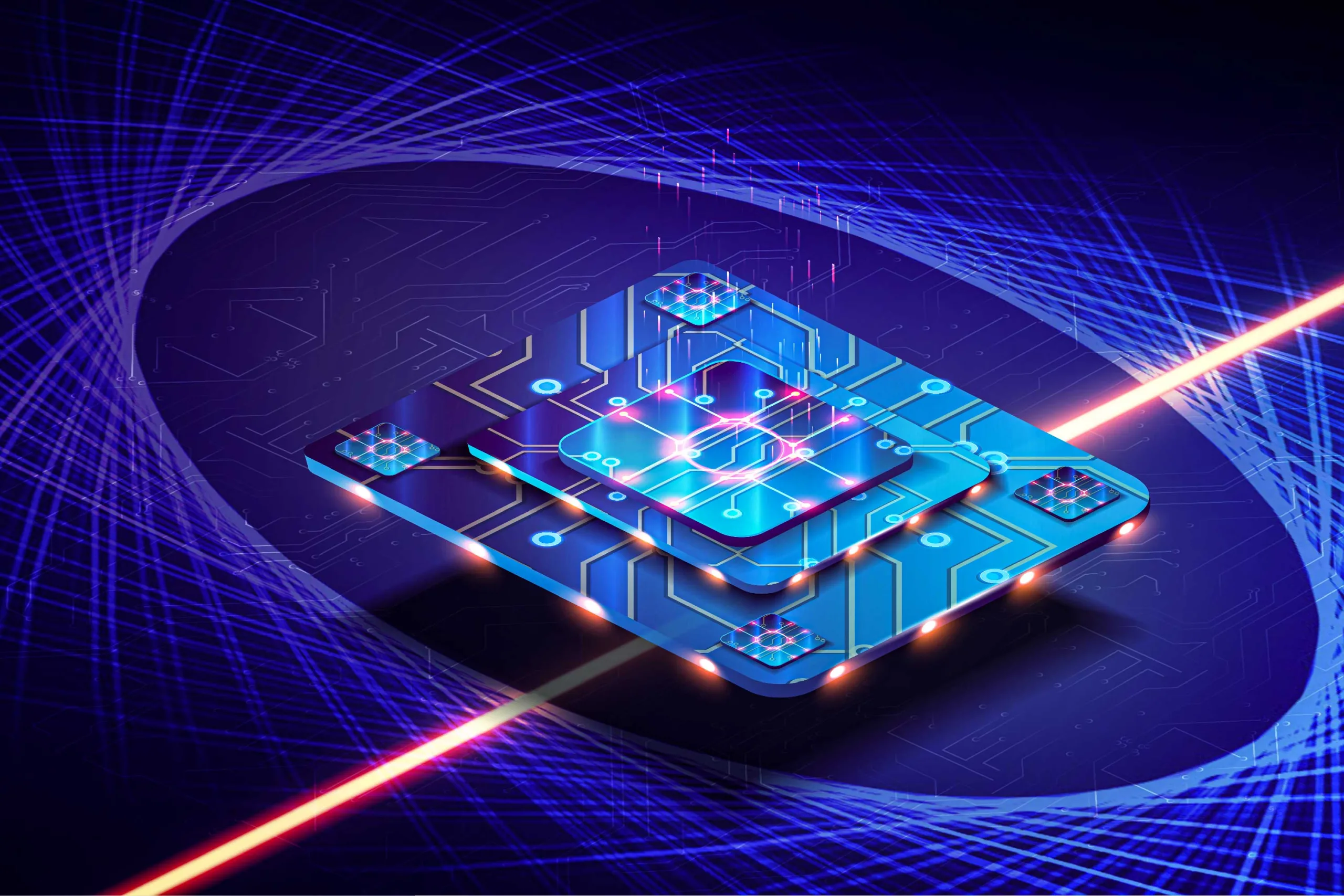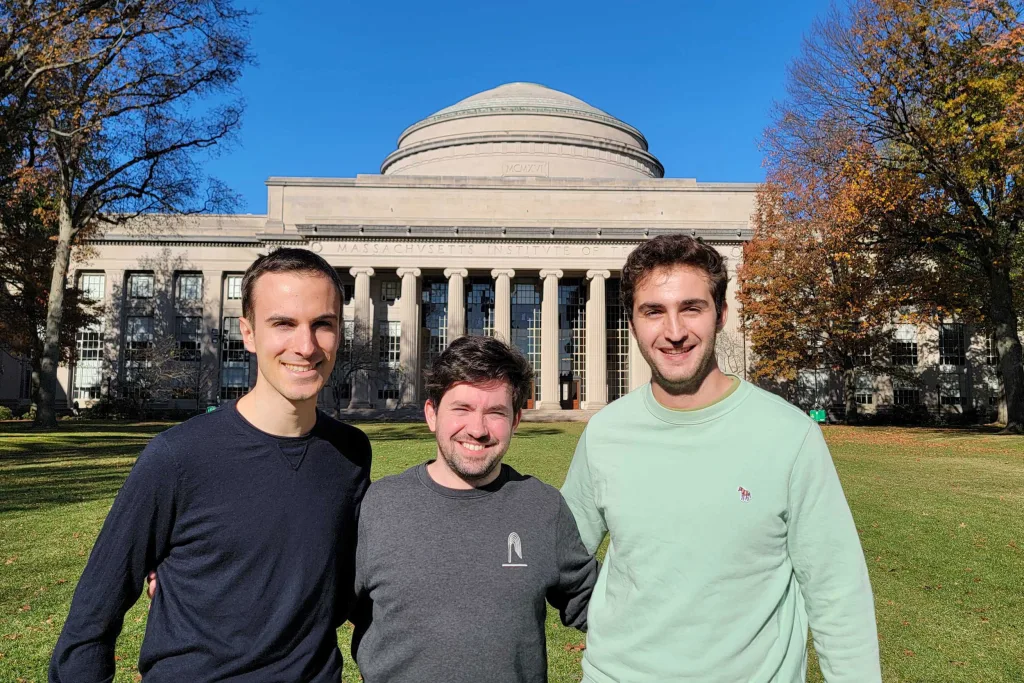MIT has unveiled an innovative, interdisciplinary graduate program in music technology and computation, which showcases the Institute’s commitment to merging arts and sciences. This groundbreaking program integrates expertise from the Music and Theater Arts Section within the School of Humanities, Arts, and Social Sciences, alongside the Department of Electrical Engineering and Computer Science in the School of Engineering, and the MIT Schwarzman College of Computing.
As Jay Scheib, the head of the MIT Music and Theater Arts Section and the Class of 1949 Professor, remarks, “Launching a graduate program in music technology is both timely and essential. It represents a bold stride into an age increasingly shaped by fast-paced advancements in computation, artificial intelligence, and diverse human-computer interactions.” Scheib emphasizes, “Music acts as a crucial link in the synergy of art and technology, making it the ideal moment to initiate this initiative. If it’s not done at MIT, then where?”
At MIT, music technology is defined as a scientific discipline focused on pioneering computational methodologies within music. This encompasses music information retrieval, artificial intelligence, machine learning, generative algorithms, interaction and performance systems, digital instrument design, and innovative approaches to sound acoustics, audio signal processing, and software developed for creative expression in music.
Eran Egozy, a professor of the practice in music technology and one of the program’s lead architects, notes, “Our approach uniquely blends technical research with the enriching humanistic and artistic elements of music-making.” Egozy affirms the presence of numerous talented musicians within the MIT community: “We will tackle music technology through the lenses of computer scientists, mathematicians, and musicians, ensuring a holistic educational experience.”
This newly established program operates alongside existing offerings at MIT’s Media Lab, positioning MIT as the go-to hub for students eager to explore the fascinating intersection of music and computation. The innovative curriculum aims to produce graduates ready to make significant impacts in both academia and industry, while fostering visionary thinkers equipped to address complex challenges.
Exploring Major Concepts
The graduate program includes two master’s degrees and a Ph.D. pathway:
- The Master of Science (MS), a two-semester, thesis-driven program exclusively for MIT undergraduates, offers an automatic fellowship for one semester to all accepted students. The inaugural class is set to commence in fall 2025.
- The Master of Applied Science (MAS), a two-semester, coursework-centric program, is open to all interested students. Like the MS, it also provides a semester of fellowship funding for admitted candidates, with applications opening in fall 2025.
- The PhD program welcomes all students applying to MIT’s School of Engineering.
Anna Huang, an assistant professor newly appointed at MIT, is collaborating with Egozy to shape this program’s future. Having spent eight years with Google Brain’s Magenta and DeepMind, Huang brings expertise in generative modeling, reinforcement learning, and human-computer interaction, aimed at fostering partnerships between humans and AI in music creation.
“My aspiration as a composer-turned-AI researcher is to develop systems that deepen our understanding and creativity in music,” Huang explains, highlighting the program’s potential to bridge human experiences with AI insights to redefine music-making approaches. “By studying musical applications, we can also explore the intricacies of neural networks.”
The new Edward and Joyce Linde Music Building at MIT, equipped with enhanced music technology facilities, promises to transform the educational landscape with flexible performance settings and optimized rehearsal spaces.
A Prime Location for Music Technology
With its prestigious engineering programs and a strong emphasis on computational studies, MIT stands out as a prime venue for advancing music technology education. Offering conservatory-level music education alongside top-tier engineering training enhances this initiative’s appeal.
The collaboration involved in the new program exemplifies MIT’s dedication to interdisciplinary work that fosters innovation across various domains. “It excites me to see the School of Engineering collaborating with the MIT Music and Theater Arts Section on this vital project, showcasing the intersection of various engineering disciplines such as AI and design with the world of music,” states Anantha Chandrakasan, dean of the School of Engineering. “I eagerly anticipate the cutting-edge projects our students will undertake and the impact they will create within this new field.”
“MIT has always been recognized for its music program, but I envision a future where people are drawn to MIT specifically for our ventures in music,” remarks Agustin Rayo, the Kenan Sahin Dean of SHASS. “This collaborative effort with the Schwarzman College of Computing and the School of Engineering will realize this vision, merging the world’s finest engineers with gifted musicians to forge groundbreaking music technologies.”
“This master’s program presents students with a unique chance to delve into the convergence of music and technology,” adds Daniel Huttenlocher, dean of MIT Schwarzman College of Computing. “It provides a rich understanding of this vital intersection, equipping graduates to pioneer new computational methods in music and to stay ahead in an ever-evolving field.”
Photo credit & article inspired by: Massachusetts Institute of Technology



